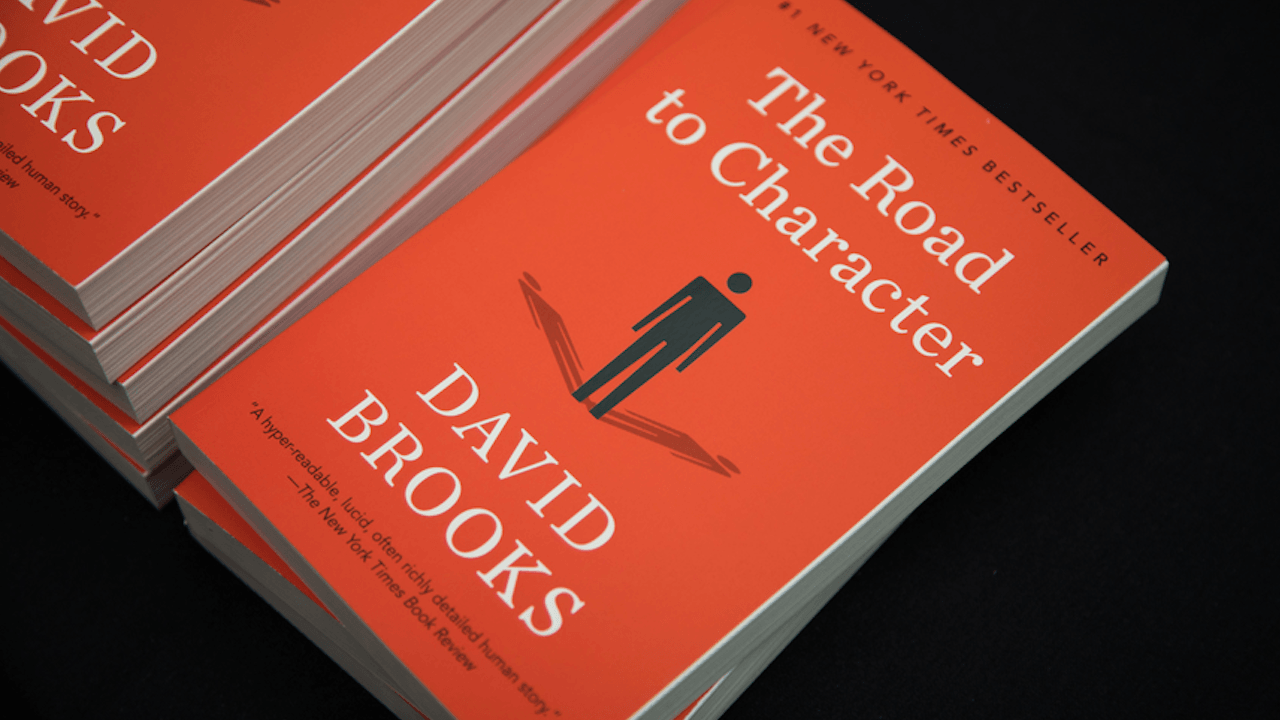1. Essays et al: "A Classical Home"
Nikki Boyle is the mother of five. Her husband is a Lutheran priest (he also happens to be the President of Eighth Day Institute!). Like most American families, their family is very busy. So how does classical education work in a large, busy family? Boyle gives four suggestions:
- No time scheduled for TV; instead, play time outside first, then with board games or whatever else kids may find inside.
- Eating together, and preparing meals together.
- Reading aloud as a family.
- Work hard to keep a structure.
According to Boyle, "Whether it’s limiting screen time, or arranging your schedules to eat together, or finding a family book, there are little things you can do to make your family more classical, which simply means, more family."
2. Books & Culture: "Profiles in Humility"
James K. A. Smith reviews The Road to Character
by David Brooks (2015). Here’s Smith’s opening paragraph:
David Brooks clearly intends his newest book to be nothing less than a moral education, an invitation into a different "moral ecology," as he puts it. What’s sad is that such a remedial offering is necessary. In a healthy culture, we don’t need such books: We have parents and teachers and aunts and uncles and priests and rabbis who walk with us on the road to character. Our moral educations should happen at dinner tables, in classrooms, on football fields, in synagogues and churches. But when an entire society’s moral ecology is captive to self-expression and the nurturance of "Big Me," even these traditional spaces become outposts of Self-Esteem, Inc. That’s why we need books like The Road to Character—as a summons to remember what even our "traditional" schools of virtue have forgot.
3. Bible & Fathers: "Christ the Educator"
St. Clement of Alexandria (d. c. A.D. 215) wrote a work titled Christ the Educator. Here’s a short sample from an excerpt in today’s Patristic Word:
Let us call Him, then, by the one title: Educator of little ones, an Educator who does not simply follow behind, but who leads the way, for His aim is to improve the soul, not just to instruct it; to guide to a life of virtue, not merely to one of knowledge. Yet, that same Word does teach. It is simply that in this work we are not considering Him in that light. As Teacher, he explains and reveals through instructions, but as Educator, He is practical. First He persuades men to form habits of life, then He encourages them to fulfill their duties by laying down clear-cut counsels and by holding up, for us who follow, examples of those who have erred in the past. Both are most useful: the advice, that it may be obeyed; the other, given in the form of example, has a twofold object—either that we may choose the good and imitate it or condemn and avoid the bad.
Read the whole excerpt here. You can get the full text from
Eighth Day Books, available in a paper edition in the Fathers of the Church series from Catholic University of America Press, or in a cloth interlinear (English and original Greek) edition in the Loeb Classical Library from Harvard University Press.
**All books (and icons) in print available from Eighth Day Books.
Please support an independent bookstore that believes in the eighth day resurrection of our God and Lord and Savior Jesus Christ. Give them a call at 1.800.841.2541 or
visit their website here. And don’t forget Eighth Day Members (Patrons+) receive 10% discount, plus many other perks!
Learn more and become a member here.










